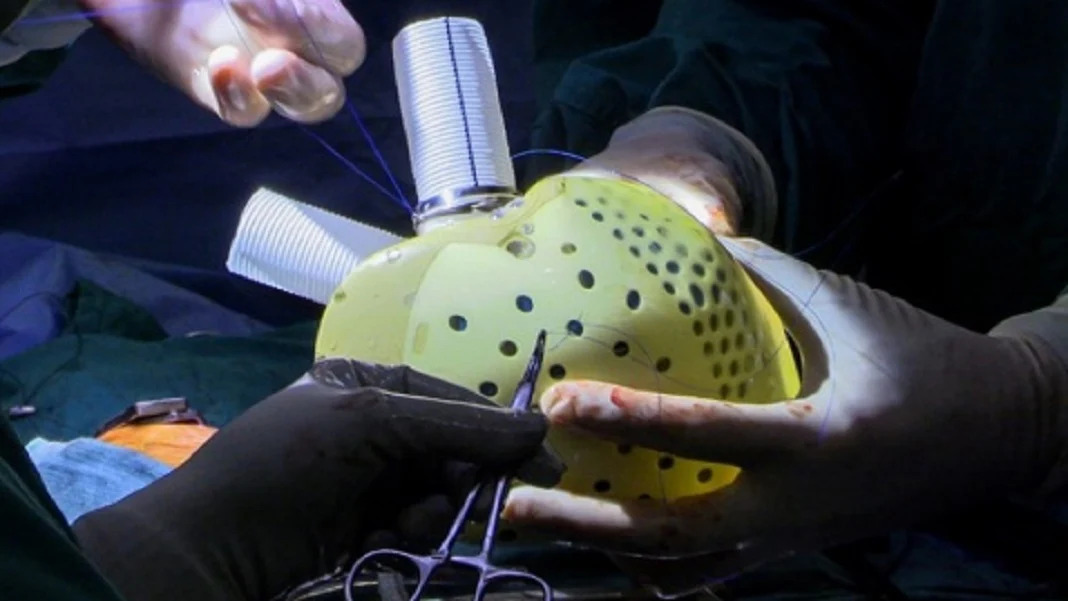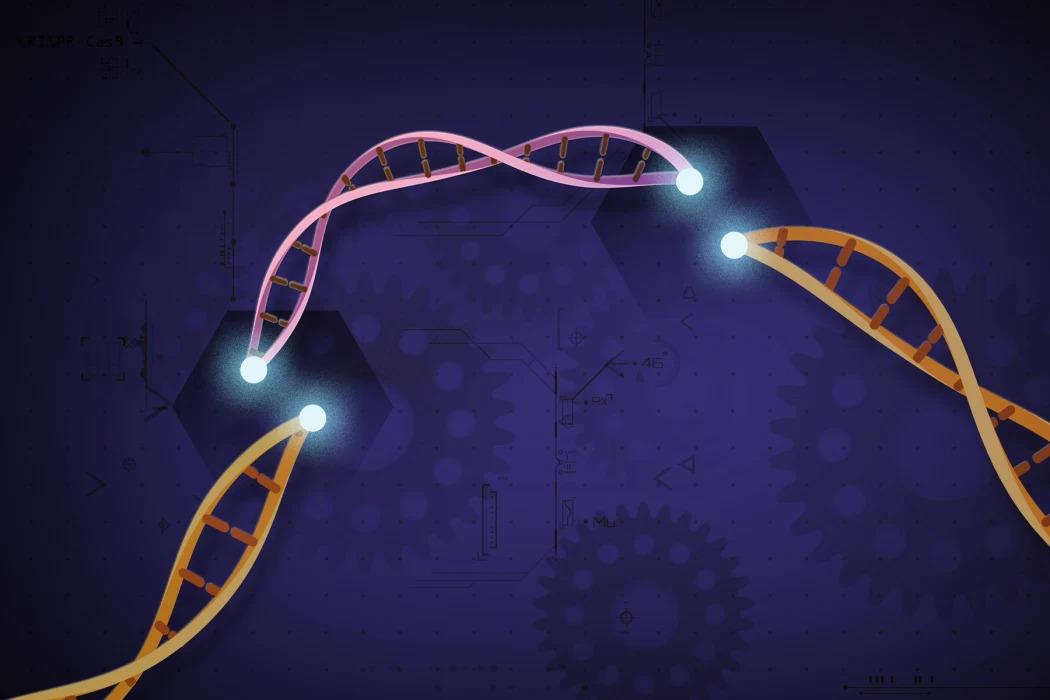Imagine a world where robots perform life-saving heart surgeries with precision far beyond human capability, and patients recover faster without the scars and long recovery times typical of traditional heart transplants. This vision became a reality in 2024 at King Faisal Specialist Hospital & Research Centre in Riyadh, Saudi Arabia, when a team of cardiac experts performed the world’s first fully robotic heart transplant on a 16-year-old patient suffering from end-stage heart failure.
What makes this achievement particularly awe-inspiring is that the surgery was completed without opening the patient’s chest. Instead, the medical team, led by the pioneering Dr. Feras Khaliel, made a small incision of just six to seven centimeters between the ribs. Through this tiny opening, they utilized advanced robotic technology to execute the entire transplant procedure with incredible precision. The surgery, which lasted around two and a half hours, marks a turning point in how we think about cardiac care.
The Rise of Robotic Surgery
For years, robotic systems have been assisting in surgeries, particularly in delicate operations requiring fine motor skills and accuracy. However, a heart transplant — one of the most complex surgeries — had never been fully performed by robots. Enter the innovative team at KFSHRC, who pushed the limits of modern medicine and robotics. The technology allowed them to perform the transplant in a minimally invasive way, something unimaginable a decade ago.
The procedure was not only about technical mastery. It had a human story at its core. The 16-year-old patient had one specific request: “Do not open my chest.” It was this plea that inspired the team to seek alternative ways to perform such a surgery. Using virtual simulations, they practiced the procedure seven times in just three days, ensuring that every move was calculated and precise.
More Than a Surgery: A Leap Toward the Future
Dr. Feras Khaliel, head of Cardiac Surgery and Director of the Robotics and Minimally Invasive Surgery Program, described the surgery as a “transformative leap” for both Saudi Arabia and the world. The success of this fully robotic heart transplant highlights how medical innovation can merge with compassionate care to transform lives. By eliminating the need for a major chest incision, the patient’s recovery time is dramatically shortened, and the risks associated with traditional open-heart surgery are reduced.
This medical breakthrough is part of Saudi Arabia’s broader vision for the future—Vision 2030, which aims to position the country as a global leader in advanced healthcare services. KFSHRC has already been at the forefront of this shift, having performed a robotic liver transplant the previous year. These milestones underscore the hospital’s growing reputation as a center of medical excellence.
A New Chapter in Medicine
The success of this surgery is just the beginning. As robotic systems become even more sophisticated, the possibilities for their applications in medicine are boundless. What used to be the stuff of science fiction—robots operating on human hearts with the precision of a skilled surgeon—is now reality. For the patient and his family, it was more than just a successful surgery; it was the chance at a new life, with no visible reminders of the procedure beyond a small scar.
The success of this surgery is just the beginning. As robotic systems become even more sophisticated, the possibilities for their applications in medicine are boundless. What used to be the stuff of science fiction—robots operating on human hearts with the precision of a skilled surgeon—is now reality. For the patient and his family, it was more than just a successful surgery; it was the chance at a new life, with no visible reminders of the procedure beyond a small scar.
In Riyadh, on that fateful day, it wasn’t just a heart that was replaced. It was a step toward a new era in healthcare, where the boundaries of what’s possible are constantly being redefined.
written by Fida Wafiq
A Medical Marvel: The World’s First Fully Robotic Heart Transplant!



